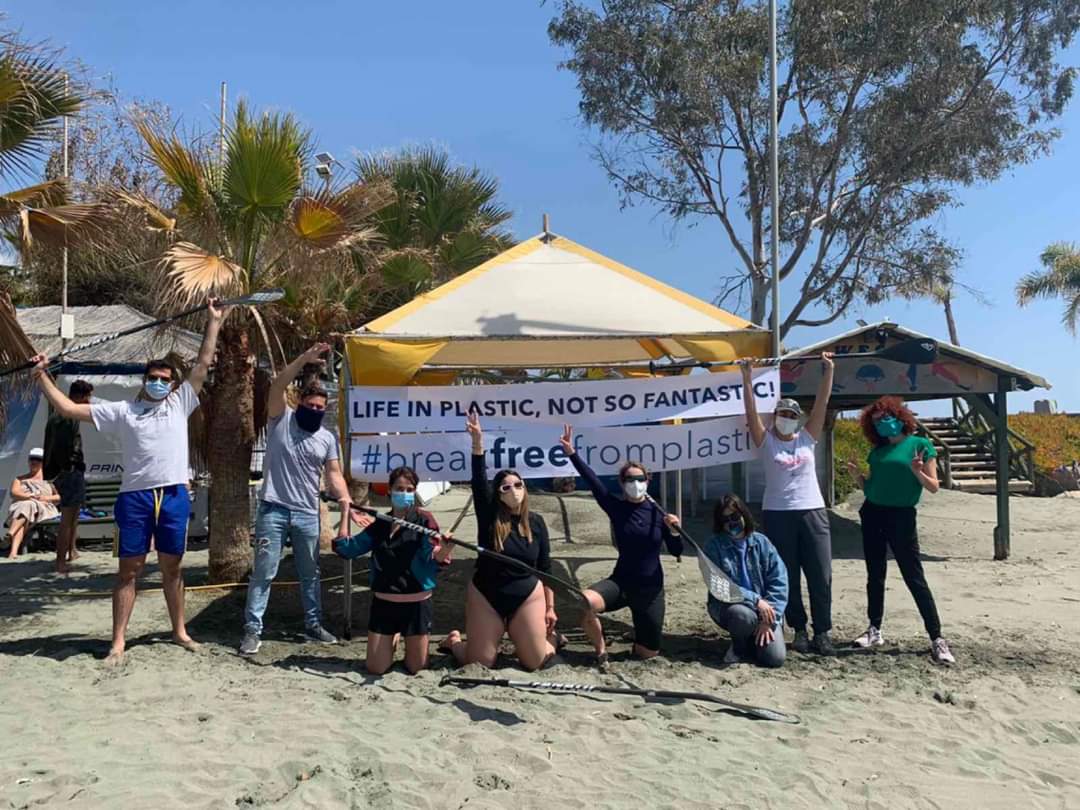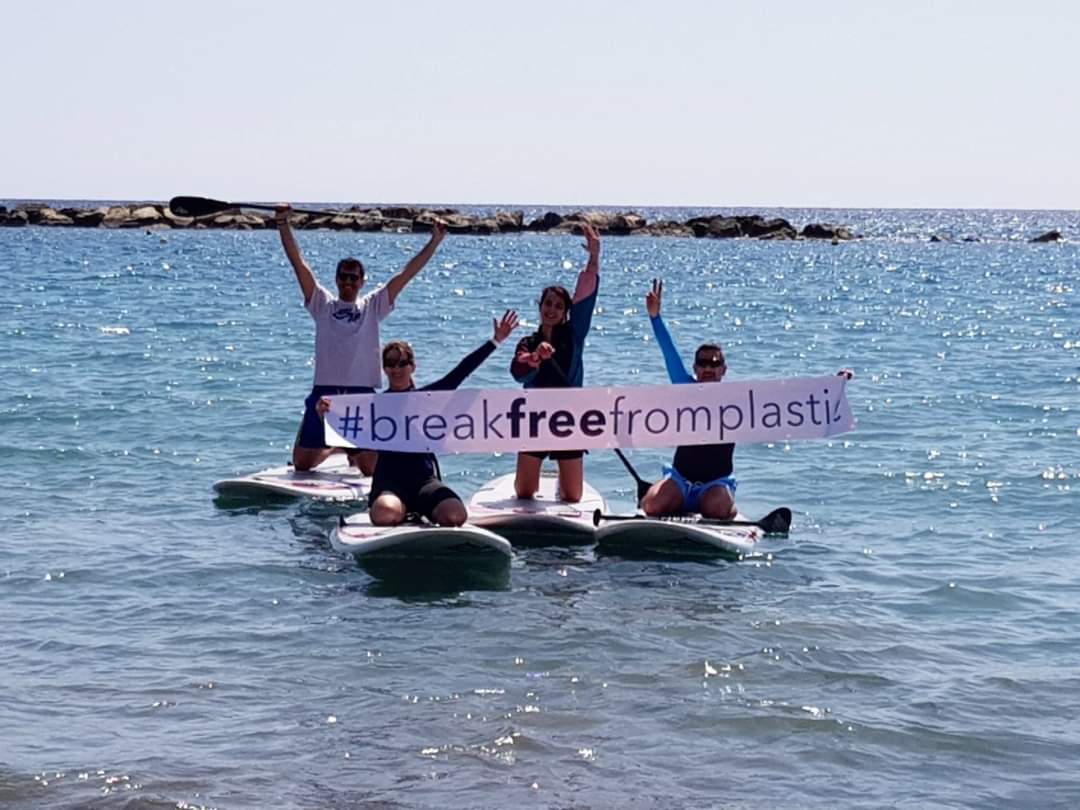By Victoras Pallikaras
As the world’s capacity to deal with the fast-rising supply of disposable plastic goods becomes overwhelmed, plastic pollution has emerged as one of the most urgent environmental challenges.
In developing Asian countries plastic pollution is most noticeable with over half of the land-based plastic pollution in our oceans originating from just five countries: Indonesia, the Philippines, Vietnam, Thailand and China. Also, developed countries experience inadequate plastic pollution management, especially countries with poor recycling rates, such as the United States who burns around six times more plastic waste than it recycles, leading to harmful chemicals being released into the atmosphere, increasing the country’s greenhouse gas emissions.
Acknowledging the urgency and in order to tackle the problem, many international organisations have taken several initiatives, one of the main ones being the United Nations’ treaty on plastics named ‘Global Plastics Treaty’.
At the same time, a rise in a culture of single-use plastics, that make up 40 per cent of the plastic produced annually, is observed due to plastics being highly convenient, exposing the material’s negative aspects. Many of these items, including plastic bags and food wrappers, have a short life span but can remain in the environment for hundreds of years.
Plastics in a nutshell
- Half of all plastics ever created were produced in the past 15 years
- From 2.3 million tons in 1950 to 448 million tons in 2015, plastics production has grown rapidly, with projections indicating that it will double by 2050
- Each year, coastal nations leak around 8 million tons of plastic waste into the oceans
- Plastics frequently contain additives to make them more resilient, flexible and durable. Μany of these additives increase the lifespan of products, with some estimates placing the break-down time of these additives at at least 400 years
The threat of microplastics
When reaching our oceans, plastic waste is broken down into small particles by the wind, sun and wave action. These microplastics are usually less than one-fifth of an inch, and they have been discovered all over the world, from Mount Everest to the Mariana Trench, the deepest trough in the ocean.
Smaller and smaller fragments of microplastics are being produced, with research indicating that plastic microfibres are circulating in the air and in municipal drinking water systems.
Microplastic pollution has been found in human blood, which supports existing research that people inhale the microscopic particles and/or ingest them through food and water.
The finding demonstrates that these particles can move around the body and have the ability to concentrate in organs. The effects on our health from microplastic pollution are still unclear, but they are alarming. Scientists are concerned since air pollution particles are already known to damage the body and cause millions of premature deaths each year, and microplastics have been shown to harm human cells in lab conditions.
Putting a stop to plastic pollution
The solution to ending plastic pollution is simple. We need to stop plastic waste from entering rivers and oceans in the first place. This can be achieved through enhancing recycling and waste management systems, improving product design to account for the temporary nature of disposable packaging, and by reducing the production of unnecessary single-use plastics. This must be done at the governmental and decision-making level.
On a personal level, all of us can follow simple steps, refusing plastic and leading a plastic free lifestyle. A suggestion would be to join the Plastic Free July challenge. Plastic Free July is an annual event that started in Western Australia in 2011 and has now developed into a global movement. It aims to minimise plastic pollution, encourage people to campaign for long-term solutions to the plastic pollution problem and increase awareness of the quantity of plastic in our lives.
Simple steps to a plastic free lifestyle
- Choose reusable bottles and cups. Single use plastic bottles are one of the biggest causes of plastic pollution. You can select from socially and environmentally friendly options made from stainless steel, glass or ceramic
- Plastic free shopping. Purchasing goods that are packed or wrapped in plastic results in enormous volumes of plastic waste. How to avoid plastic packaging: Refuse packaged fish, meat and deli products, at your local bakery choose freshly baked goods that are yet to be packaged, shop at farmers’ markets or keep an eye out for loose fruit and veggies when doing your grocery shopping
- Rather than choosing products packaged in plastic, choose organic, recyclable or compostable packaging which could eventually be turned into fertiliser for your plants
- Try out solid, plastic free shampoo
- Eliminate plastic from your skincare routine by choosing plastic free beauty brands.
- Attend beach clean-ups organised by local NGOs to remove plastic pollution from our beautiful beaches, raise awareness and become an active citizen.
Victoras Pallikaras is an Environmental Scientist with an MSc in Environmental Policy and Management, working as a project officer for Friends of the Earth Cyprus








Click here to change your cookie preferences